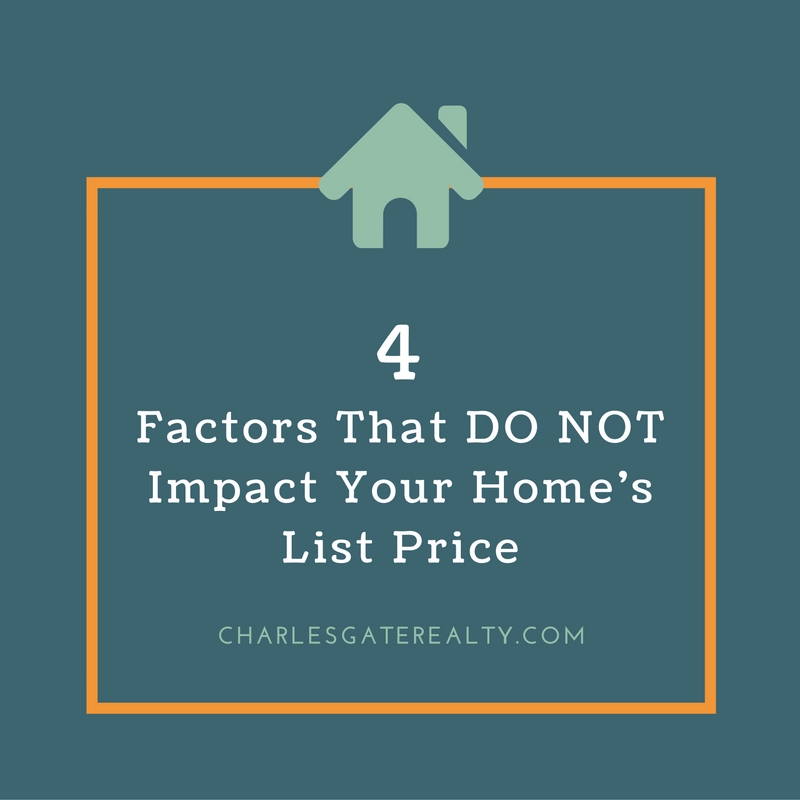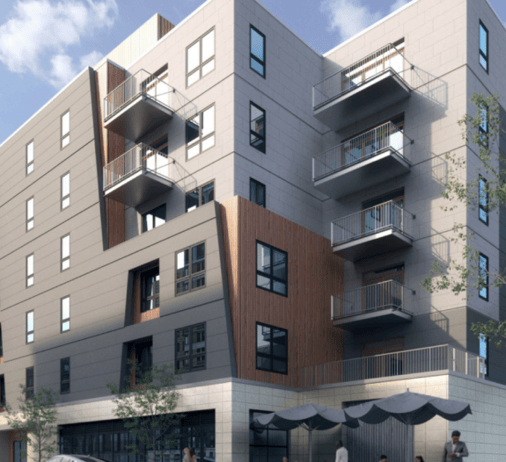4 Factors That DO NOT Impact Your Home’s List Price
There are lots of things to consider when pricing your home. Bringing in a real estate agent to assess value is typically the easiest and smartest way to determine what is called, “fair market value.” A real estate professional is in and out of homes each day and can help you set a fair price to get your home sold. Oftentimes, sellers want to determine a price on their own accord using factors that really don’t have an impact on the fair market price. This can lead to overpricing a home and hurting its ability to sell, or cause it to take longer.
What are some of these factors?
1. What you paid for the home
Unfortunately what you paid for the home really has no indication on what its present day value is. Although you can determine that average increase (or decrease) over time for your neighborhood, there are so many factors that go into pricing a home. Real estate values exist at a set moment in time, regardless of what one paid previously.
2. The cost of completed repairs or improvements
While many improvements to a home add value, dollar in does not necessarily mean dollar out. If you paid $15,000 for a new bathroom, that does not automatically mean a $15,000 increase to the value of your home. In fact, it could be more. Taking the time to consider and speak with a real estate professional to help you understand where you will get the most bang for your buck can help you make improvements and repairs wisely.
3. Emotion
Unfortunately, this is the one that can be the hardest to discredit when making pricing decisions. Sellers are, rightfully so, emotional about their property and the moments they shared there. They also put weight on things that are not marketable traits of a property. (The prettiest flowers in the neighborhood…) Stepping away and looking at a CMA and thinking of your property as an investment can help you steer away from emotional pricing.
4. The price of your next home
You may need to net a certain profit from the sale of your home, encouraging you to price it accordingly. Unfortunately, your future living situation does not impact the price of your current property. Overpricing your home will result in longer market time and potentially alienating buyers that would have made the purchase at the fair market price.


